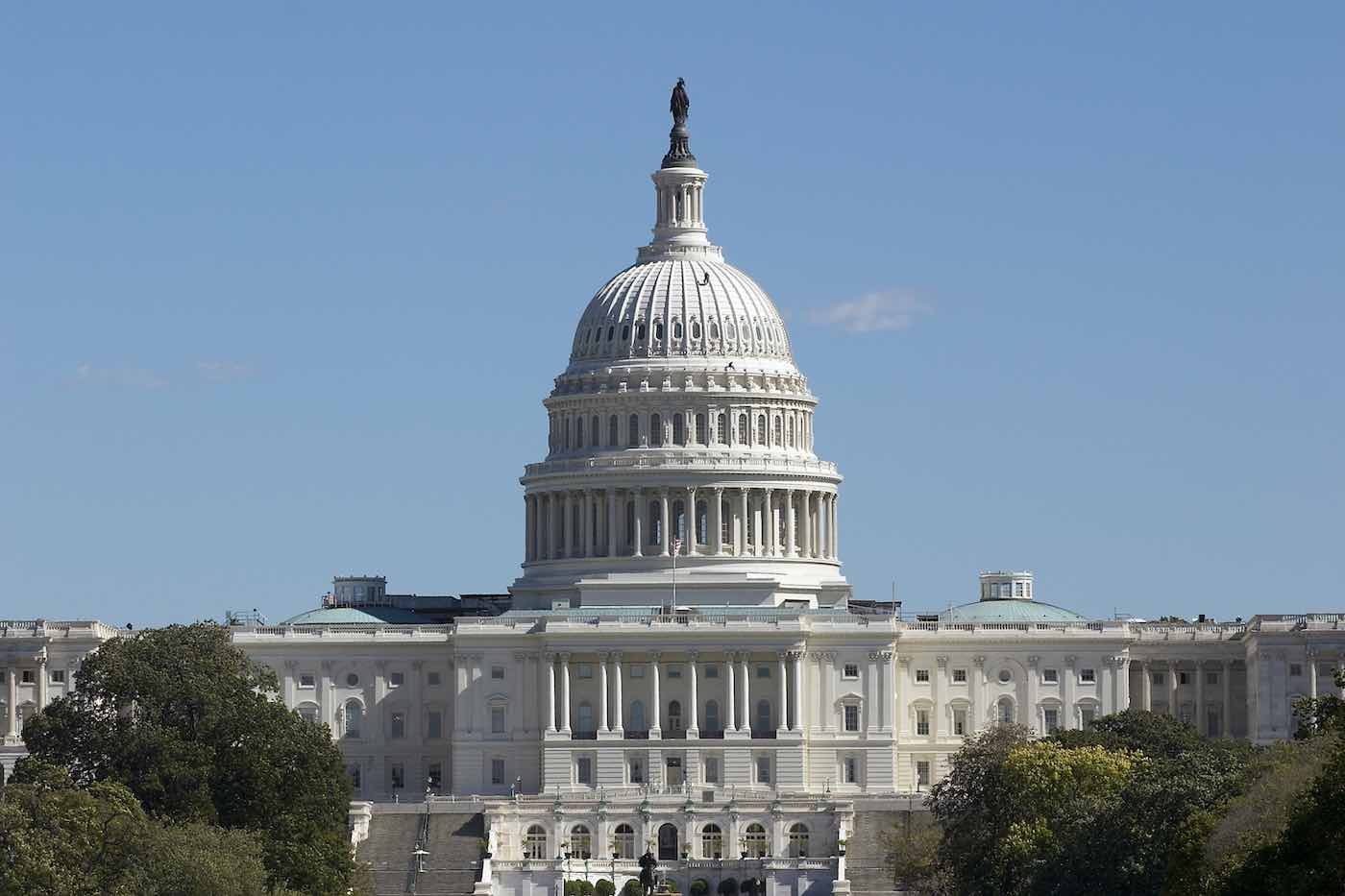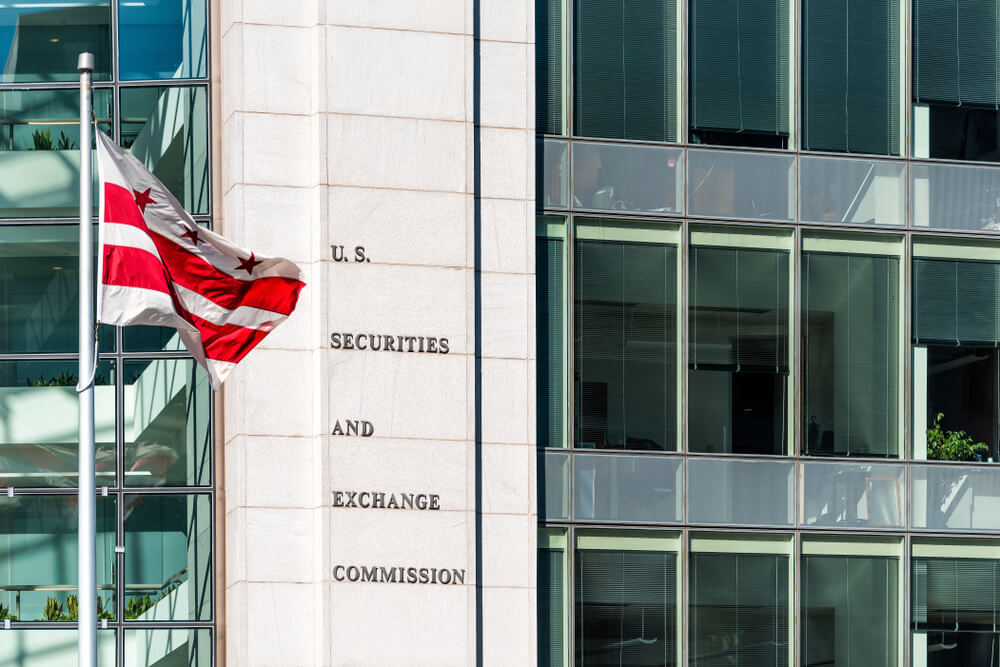ImpactAlpha, Dec. 15 – The spate of recommendations greeting the incoming Biden administration is the fruit of years of work in the fields of public policy. “There’s so much pent up excitement around public policy,” the U.S. Impact Investing Alliance’s Fran Seegull told ImpactAlpha.
The Alliance is out today with planks on how to bolster community investing to tackle inequality and how to advance stakeholder capitalism to restore American economic leadership. The Alliance also consults to the Tipping Point Fund on Impact Investing, a $14 million donor collaborative, which last summer awarded eight small grants to pursue policy recommendations for the winner of the 2020 election.
Some of those efforts are now bearing fruit. Pacific Community Ventures, for example, has focused its work on how to get capital to flow more intentionally to communities of color that have suffered disproportionately during the pandemic.
Tipping Point funders, including Blue Haven Initiative, Omidyar Network, and the Ford, MacArthur and Visa foundations, see policy as ‘public goods’ required for a robust impact investing marketplace. The goal, Seegull says, is building “a more strong and muscular policy capability” that will last beyond the excitement of a new administration.
- Strengthen community finance. The Alliance’s paper, “Private capital, public good” updates a 2014 effort by its predecessor, the U.S. National Advisory Board. The paper supports efforts to shore up Community Development Financial Institutions (CDFIs) and minority depository institutions (MDIs) with federal equity-like backstops. The model is being tested in New York, California and elsewhere.
Other recommendations: Expand the CDFI Fund to at least $1 billion, and modernize the Community Reinvestment Act in a way that is beneficial for communities.
- Domestic development bank. Like the Development Finance Corp., which primarily works overseas, a domestic development bank could marshal public and private investment for rebuilding small businesses, supply chains and economic competitiveness at home. The bank could deploy debt and equity, as well as loan guarantees and first-loss positions, to help drive capital to disinvested communities and infrastructure rebuilding. A key priority: climate action.
- ESG clarity. It may take years to unwind Trump administration rulemaking intended to curb impact investing and support oil and gas producers. A quicker fix: interpretive bulletins that provide comfort to fund managers and plan sponsors looking to integrate ESG factors into their investment decisions, and allow regulators to pare back enforcement until new rules are put in place. Also on the table: global, mandatory climate risk reporting by companies, as urged by Michael Bloomberg and others.
- Centering communities of color. Among the ideas in Pacific Community Ventures’ draft paper: establishing a minimum payout rule of 5% or more for Donor Advised Funds to speed the flow of charitable assets; broadening investment reporting requirements to insurers and other nonbank financial services providers; and creating a federal initiative to invest in Black and brown entrepreneurs (PCV is holding a second listening session to gather feedback this Thursday, Dec. 17).
B Lab, the nonprofit behind B Corps wants to push fiduciaries for increased accountability for impacts on stakeholders. The Principles for Responsible Investment, or PRI, will also propose new definitions of “fiduciary duty.”











